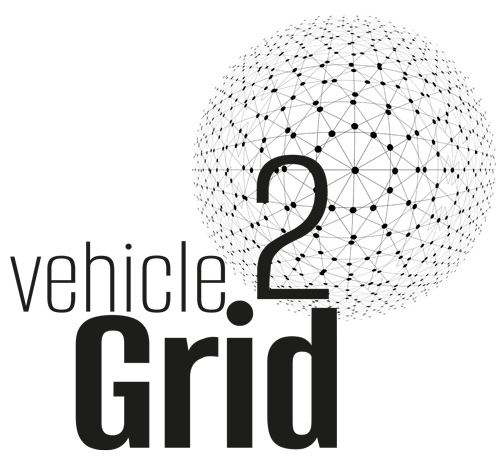Aiming an efficient lithium-ion battery production all process steps have to be enhanced in terms of quality and performance. In this regard, the drying process of electrodes holds great potential for improvement. The main challenge of state-of-the-art convective drying methods is the negative impact of high drying rates on electrode properties for example, a destruction in cycle stability, due to binder and carbon black segregation. Therefore, conventional drying processes are limited to a certain drying rate, which limits the overall battery production speed.
This study focuses on the development and prototypical implementation of a new method for drying electrodes through inductive heat input. By the means of induction, the conductive material of the coated current collector can be heated specifically using electromagnetic waves. This way, the coating is dried from the bottom up. Furthermore, induction allows the generation of complex heating zones with individual heat distributions, for example to prevent the formation of tensions inside the active material. Therefore, this method enables the effective drying of the coating through direct and specific energy input into the metallic substrate. This in turn should lead to a significant reduction of heating time and accordingly allows a significant energy saving compared to conventional convective methods respectively.
Within this study, inductive drying experiments are carried out on immediately coated SMG-A5 anodes. The heat distribution of the coating surface was observed using an infrared imaging camera. To determine optimal processing parameters for the homogenous heating of the coating, the influence of various parameters such as pulse width modulation (PWM), distance between inductor and electrode and inductor geometry on the generated heating zone was investigated. Finally, the inductive dried anodes were further examined to investigate the influence of the drying process on their electrical and mechanical properties.

